Author, Gambling, Writing
Top Casino Myths Debunked: What Really Happens Behind the Neon Lights
The conspiracy theories that make you wonder if your lucky streak is really just a cruel joke played by neon lights and card dealers.
If you’ve ever walked onto a casino floor, you’ve probably heard the rumors. The whispers. The conspiracy theories that make you wonder if your lucky streak is really just a cruel joke played by neon lights and card dealers. As someone who’s been writing High Stakes, I’ve spent more time thinking about blackjack tables and roulette wheels than I ever imagined. And in the process, I’ve uncovered some truths—and busted a few myths—that I thought you’d enjoy.
Myth #1: Casinos Can Cheat You Out of a Hand
Let’s get this out of the way first. No, casinos can’t deal you a losing hand because they “want” you to lose. The games are regulated, monitored, and (mostly) fair. The house edge isn’t magic; it’s math. The odds are designed to favor the casino over thousands of plays, not a single hand. So that unlucky 16 you got in blackjack? Pure chance. Sometimes it just sucks to be dealt that hand.
Myth #2: Slot Machines Are Due for a Win
Ah, the classic “hot slot” belief. Players love to think that after a long losing streak, a slot machine is about to pay out. Reality check: each spin is independent. Random number generators dictate every outcome. No matter how long it’s been since the last jackpot, the odds remain the same. Sorry, friend—you’re not “due.”
Myth #3: Dealers Can Control the Cards
Some people imagine dealers with a secret vendetta, sliding aces into players’ hands for fun. In truth, dealers follow strict protocols. Their job is to shuffle, deal, and keep the game moving, not play Santa Claus or the villain in your personal casino drama. Cheating by a dealer is extremely rare—and heavily penalized. If it happens, it’s headline news.
Myth #4: You Can Trick a Roulette Wheel
The dream of beating the roulette wheel has inspired countless movies and novels. People imagine finding a “biased” wheel or predicting patterns. While there have been rare cases of wheels with mechanical imperfections, modern casinos maintain and inspect equipment meticulously. Any method to reliably beat roulette? Extremely unlikely. Most “systems” are just variations of the Martingale strategy, which works in theory until the table limits or your bankroll scream otherwise.
Myth #5: Card Counting Is Illegal
This one’s interesting. Thanks to Hollywood movies, many think card counting is a criminal act. It’s not. It’s simply using your brain to track high and low cards to gain a slight advantage in blackjack. What is illegal: using a device, cheating, or colluding in ways that break the rules. Casinos don’t love card counters—they’ll ask you to leave—but it’s not against the law. And yes, this is exactly the kind of thrill I wanted to capture in High Stakes.
Myth #6: Hot/Cold Streaks Exist in Random Games
People love to spot trends in slots, dice rolls, or even blackjack hands. The truth? Each event is independent. A “cold streak” is just bad luck. A “hot streak” is just good luck. Nothing in the math changes. Humans are pattern-seeking creatures, which is why we invent stories about luck when in reality, it’s randomness doing its thing.
Myth #7: Casinos Spy on You Everywhere
Okay, here’s a twist: yes, casinos have surveillance cameras, and they watch the tables—but mostly to protect against theft, cheating, or employee misconduct. They’re not reading your mind or sending your luck elsewhere. They do employ plenty of eyes to make sure everyone follows the rules, but that paranoia about casino “magic” is largely overblown.
Why These Myths Persist
Part of the charm—and danger—of casinos is the mythology. Humans are wired to look for patterns, fairness, and stories that explain luck. Myths persist because they add drama to the experience. You feel like there’s a story behind every loss, a secret system behind every win. For authors like me, it’s fascinating—and it’s fertile ground for novels like High Stakes. There’s tension, risk, and the thrilling “what if?” in every hand, every chip, every roll of the dice.
The Takeaway
Casinos are a mix of psychology, mathematics, and chance. The myths are fun, but the real excitement comes from understanding the game, playing strategically, and embracing the unpredictability. The neon lights, the clinking chips, and the human drama are what make the experience memorable—and they’re exactly what I aimed to capture in High Stakes.
So next time someone whispers about “rigged tables” or a “hot slot that’s due,” you can smile knowingly. The house edge is real, luck is random, and card counters aren’t breaking the law. But the stories? Those are priceless. And if you want to step into that world without risking a dime of your own money, keep an eye out for High Stakes—coming soon to a bookshelf near you.
About Leif J. Erickson
Leif J. Erickson is a science fiction and fantasy author from a small farming community in west central Minnesota. Using his time wisely when he was a farmer, Leif developed many ideas, characters, and storylines to create over fifty unique first drafts and outlines for stories. From his start in a small town school, to college at North Dakota State University, back to his family farm, then to the bright lights of Minneapolis, Minnesota, and back to his small farming town, Leif has always had a love of writing.
When Leif isn’t writing he can be found with his wife hiking in state parks, canoeing local lakes and rivers, exploring local and regional ghost towns, experiencing museums, or simply reading or hanging out with friends and family. Leif draws on the local nature and ecology to find inspiration for his writing while he also asks what’s possible for technology and the human race, weaving them together for amazing stories that will stay with the reader for years to come. Leif looks forward to having many novel and story releases in the years to come.
You can see all of Leif’s Books here: Leif’s Amazon Author Page





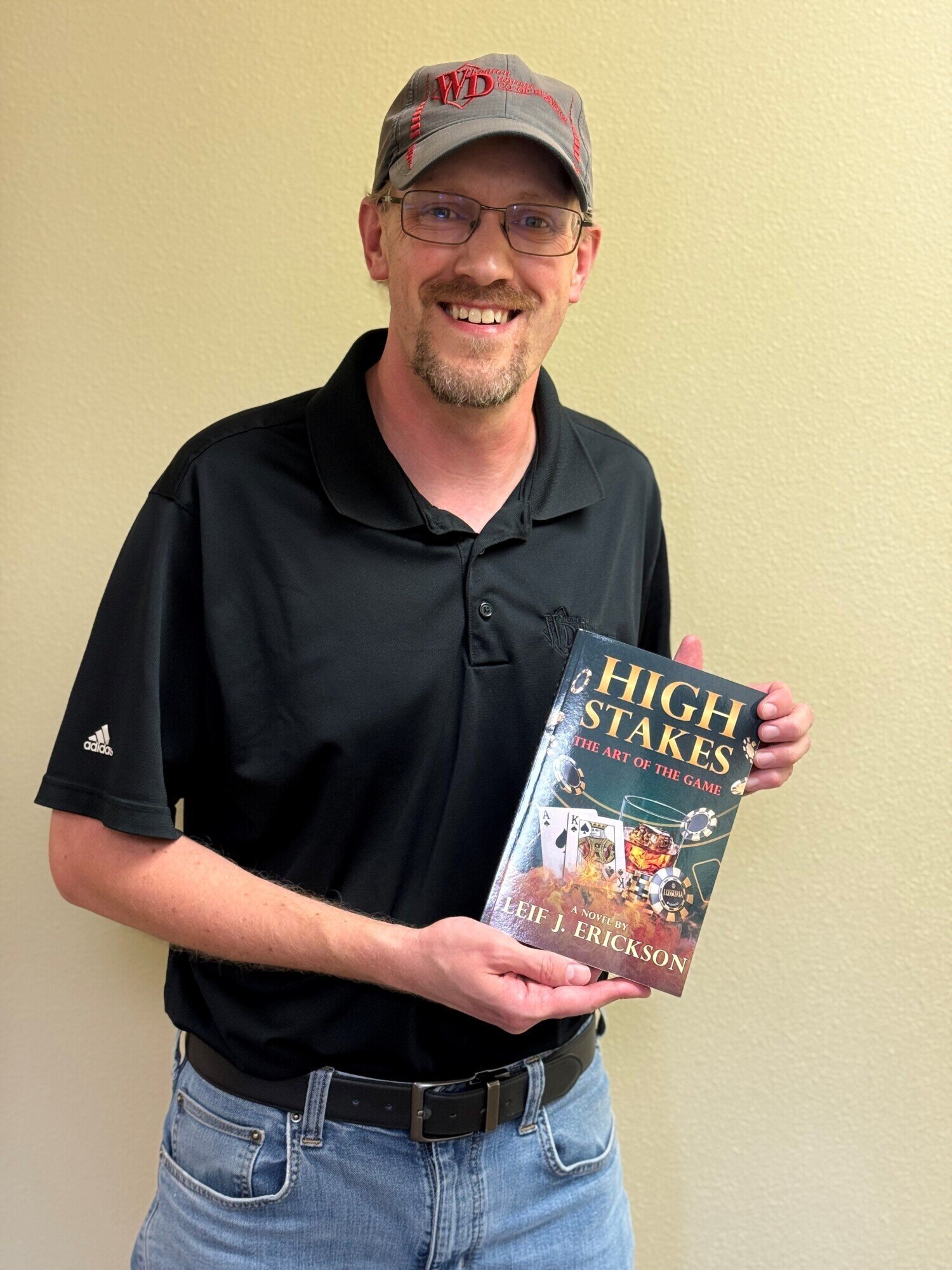






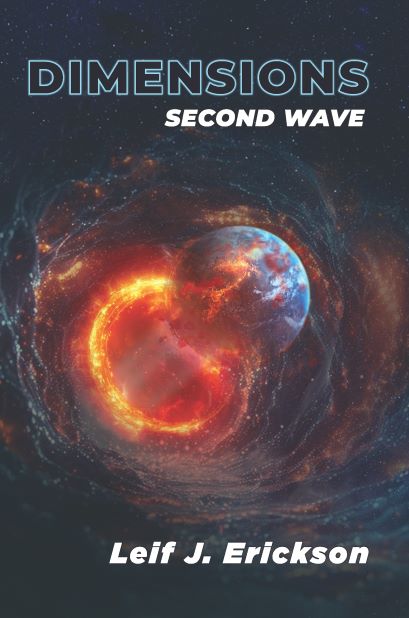
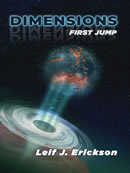
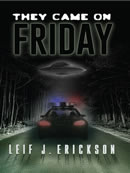
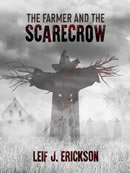
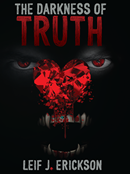


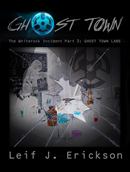
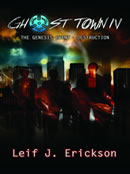



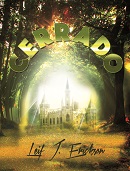




Leave a reply
You must be logged in to post a comment.